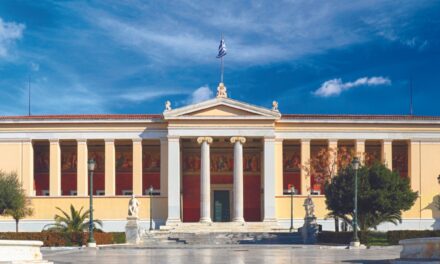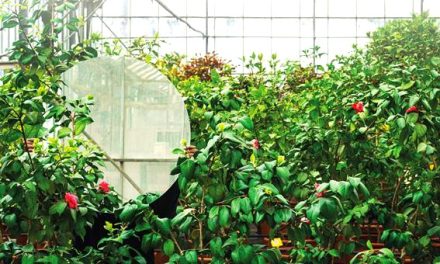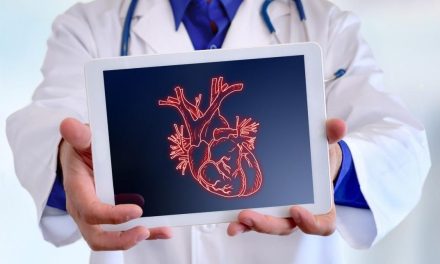The web portal Study in Greece is campaigning for the promotion and international visibility of Greek Universities and the comparative educational advantages of our country. In particular, the campaign focuses on the foreign language study programs that Greek Universities offer to Greek and international students. The initiative is supported by the General Secretariat of Higher Education of the Ministry of Education and Religious Affairs and the General Secretariat for Greeks Abroad and Public Diplomacy of the Ministry for Foreign Affairs. In this context, a number of educational programs and actions are presented in detail on a regular basis, such as undergraduate and postgraduate programs, summer schools etc, to inform international students about the many foreign language options offered by Greek Universities.
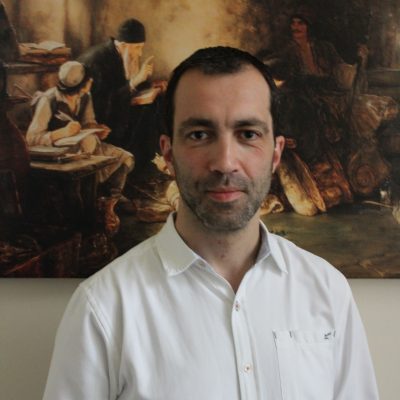
Study in Greece interviewed Associate Professor Konstantinos Gkatzionis, Director of the Master of Research, Global Innovation and Sustainability in the Food Industry and Nutrition offered at the University of the Aegean, about the program, its features and what it has to offer to international students.
Dr. Konstantinos (Kostas) Gkatzionis is Associate Professor at the University of the Aegean and Head of Department of Food Science and Nutrition, specializing in consumer science, sensory evaluation, and food technology. His work combines fundamental studies with applied research that addresses issues and challenges faced by industry. He also serves as the Director of the new MRes in Global Innovation and Sustainability in the Food Industry and Nutrition.
Mr Gkatzionis, please describe to us briefly what the brand-new MRes, Global Innovation and Sustainability in the Food Industry and Nutrition, which is offered at the University of the Aegean, deals with?
This master deals with developing an international perception of sustainable innovation in the food industry and nutrition, by graduates and professionals who aim to be develop their career in senior positions, requiring decision making. As part of the course there is an exchange of information about the global development of food industry, including comparisons to developing countries and areas of Europe, Asia and Africa. This is the backbone for candidates to develop the mentality of global Innovation sustainably, i.e. by being in position to absorb, combine and create ideas, instead of dry catching-up with technology.
Bearing in mind that the specific program starts this academic year 2022 -2023, what are your expectations for the future?
The course has successfully run one year and heads to its second round of recruitment for 2023-24 this September. The class of the first year is an interesting mix of graduates and professionals from different countries and industries, and we anticipate expanding our intake by recruiting countries from more countries.

Considering that most of the taught courses are long distance, do you believe that this will encourage many foreign language students to choose this program?
The flexibility of the taught elements and the distance learning makes it ideal for foreign language students that look to make the most of two worlds, low cost of studies as a home student and international experience. The dissertation project can take place in collaborating institutions around the world thus the candidates can benefit from placements and exchanges.
In recent years, Greek universities have been collaborating with international universities, taking steps towards internationalization. What do you think about these efforts, given that you have worked abroad in successful programs and you know the level of both Greek and international universities.
Greek universities present excellent quality of teachers and courses, while the retain no or very low fees and cost of living compared to other universities in Europe and America. Therefore, the internationalization agenda makes them the most competitive option for students that aim for quality of studies and international experience, as well as culture development.

Due to its strategic position, do you believe that the University of the Aegean could attract international students?
The University of the Aegean has an excellent record of internationalization, such as international collaborations, participation in multinational research consortia, exchange of staff and students with foreign institutions, participation in university alliances and it is positioned at the center of culture development. This is the DNA that a candidate can expect by studying with us.
Tell us a few things about the University of the Aegean and especially about the Department of Food Science and Nutrition (D.F.S.N.) on the island of Lemnos, which you head – its history, its facilities and its efforts to evolve within contemporary global scientific and environmental research.
The Department of Food Science and Nutrition of the University of Aegean is an interdisciplinary department. Its activities and courses provide students with the required knowledge in order to be able to manage the agri-food sector comprehensively, from food production and processing to human consumption, and most importantly, by realization of the interconnection of food with diet and nutrition.
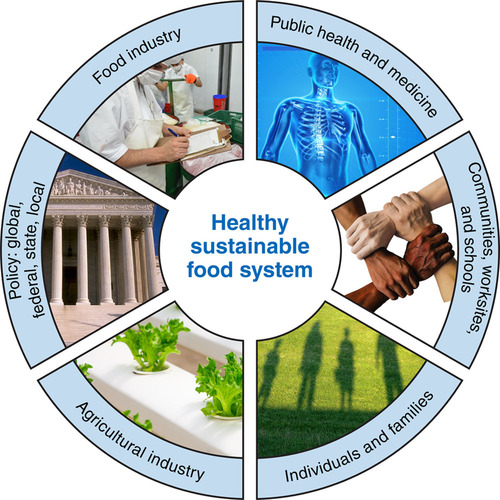
In this context, our curriculum is constantly updated and designed by reverse engineering. In essence the needs of the industry are realized nationally and internationally, and feed to the content of our courses. Thus, we end up with a program unique by comparison to the international standards. In addition to the expected modules of a food and nutrition course, we blend modern and cutting-edge thematics such as human genetics linked to nutrition, nanotechnology and material sciences in food, robotics and artificial intelligence in the agri-food sector, policies in public health, computer simulations for the exploitation big data, consumer science studies, sensory and human behavior.
Thus graduates end with and complete and competing portfolio of skills in international terms. It should be noted that, according to recent data available to our Department, the majority of our graduates secure employment within the first year of graduation.
Our graduates are employed by the largest food companies in Greece and have been employed by organizations abroad such as coca-cola Italy, Uniliver Germany, IKEA food in Sweden, the Netherlands and many more, while others start their own businesses.
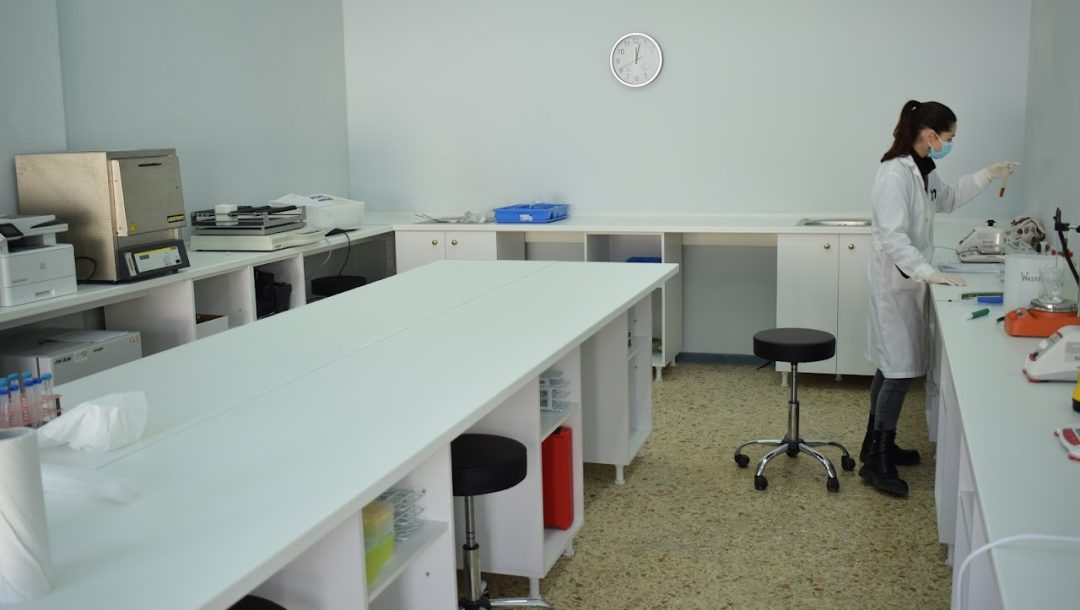
Recently, the research and infrastructure funding of the Department from regional, national and European bodies exceeded 2.5 million euros. Thus our laboratory infrastructure is impressive, and our graduates are highly technically trained along their theoretical knowledge.
The department is staffed by a community of 20 faculty members and more than 40 researchers. The department is very active in research so we promote research -led teaching.
Special attention is paid to the development of soft skills by students, such as multitasking, teamwork, crisis management, etc. This is materialized through a variety of activities on the side of the courses, through the participation of students in the organization of festivals, charity activities, entrepreneurship seminars, and many more.
We welcome individuals who are keen to progress during and after their studies and we look forward to welcoming you.
Read also via Greek News Agenda: Study in Greece Masters of the Week: Professor Demosthenes Panagiotakos on the MSc in Public Health and Nutrition at HUA
TAGS: EDUCATION


